How to Tell If You're in a Toxic Relationship—With Yourself
Toxic relationships–when you hear this term, more often than not, you associate it with a harmful bond between two people, full of poor treatment, negative talk, a lack of support, and minimizing the other’s perspective. What most don’t realize, however, is that you can very well be in a toxic relationship with yourself–without ever even realizing–with the same poor treatment, negative self-talk, lack of support for yourself, and minimizing your own perspective.
How Do I Know If I’m In A Toxic Relationship With Myself?
Gaining perspective on the way you treat yourself is often difficult. It can sometimes feel like a very complicated level of introspection that might feel far easier when looking at others. So, one way to grasp your self-treatment, is to imagine your self-talk coming from someone else. “That was so stupid!” , “What is wrong with you?” , “You’re flawed.” , “You’re so far behind everybody else…”
Oftentimes, when we talk down to ourselves, we assume it's okay. We assume that it's just a matter of being honest and direct with ourselves. But at the same time, most of us could never imagine saying the same things we say to ourselves to other people. Instead of helping improve oneself, all it does is cultivate an unhealthy mental environment, creating more negative self-talk.
What Causes Toxic Relationships With The Self?
One of the biggest contributors to a negative relationship with the self is internalized shame. Internalized shame involves feelings of inadequacy, guilt, and worthlessness that persist well beyond any situational factors. When you set incredibly high expectations for yourself–whether it's at work, at school, or in your social life–failing to meet these expectations can lead to self-punishment, creating more feelings of shame. These feelings of shame, in turn, create an unhealthy, judgemental mental environment, often leading to slower progress even in work, leading to more shame, repeating a vicious cycle. Further, your environment can play a major role in developing internalized shame.
Oftentimes, getting mistreated by others can lead to the internalization of comments made towards you, whether it's from childhood or in later adult life. This creates that persistent voice in your head that scrutinizes any mistake and criticizes any flaws.
How Can I Work On My Relationship With Myself?
There are different ways and methods to help cultivate a healthier relationship with yourself. Among these methods are self-compassion, which encompasses a wide range of practices that aim to strengthen self-worth and lessen poor self-treatment.
First, it may be beneficial to reevaluate the expectations you place on yourself. Sometimes, without even noticing, we can create unfair standards for ourselves that we’d never expect from others. But when these expectations aren’t met, feelings of shame and negative self-talk can sneak up on you.
Another way to lessen negative self-talk is to imagine a friend or loved one being spoken to the way you speak to yourself. This can help put your own self-treatment into perspective, allowing you to express a bit more empathy and compassion that you may have otherwise overlooked.
Finally, another way to strengthen your relationship with yourself, even if those negative thoughts continue on, is to avoid engaging with unhelpful thoughts. As hard as we may try, often, negative self-talk is something that may pose as unusually persistent–sticking around even when we know we don’t deserve it. Sometimes, though, engaging with these thoughts gives them the attention they need to continue, fuelling a vicious cycle of more negative thoughts and criticisms towards oneself.
By avoiding active engagement–by acknowledging but not repressing or putting unnecessary attention towards them–we can strip these thoughts of their power, weakening the impact they have on us.
Overall, being in a toxic relationship is not limited to interpersonal bonds; it's something you can hold towards yourself. If you find that you’re in a toxic relationship with yourself and are feeling overwhelmed, consider making an appointment today, where our licensed professionals can help guide you one-on-one through self-compassion practices. With some help, you can develop a healthy relationship with yourself, and live comfortably in your skin.
Author: Ryan Elahi
Reviewed By: Dr. Sarah Haller, C. Psych, Clinical Psychologist
